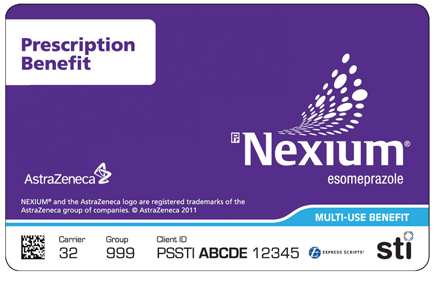Co-pay coupons may prompt more than 2 million seniors to opt for more expensive branded drugs, despite a prohibition on the use of coupons through Medicare, a survey suggested.
The National Coalition on Health Care (NCHC) commissioned a phone survey of 1,000 seniors age 65 and over who are enrolled in Medicare Part D, a Medicare Advantage plan or who are covered for prescription drugs through a retiree health plan (excluded were seniors who are eligible for both Medicare and Medicaid and those enrolled in a patient assistance program). About a third said they’d heard of co-pay coupons, and six percent said they’d used them since they’d been on a Medicare prescription plan. If 6% of Medicare’s 42 million enrollees have done the same, said the NCHC, that would mean that more than 2 million had used the coupons.
Only 3% said they’d heard that Medicare forbids the use of coupons, and just 4% had had a conversation with a pharmacist or physician about when they can use co-pay coupons
Most provocatively, the NCLC asked respondents whether they favored forcing pharmas to lower drug prices for Medicare seniors or co-pay coupons to lower drug costs. Sixty-one percent favored sticking it to pharma, while only 7% said greater use of coupons and debit cards. Asked if pharmas should have to give insurers and Medicare the same discounts they offer patients through couponing, 64% agreed.
PhRMA said the survey is flawed, noting that those in retiree health plans are allowed to use coupons and that “there are safeguards in place to prevent inappropriate use of copay coupons, so any attempt to use them where it’s prohibited is going to be very difficult.” Moreover, the trade group said, the NCHC misses the point of coupons. Cost-sharing, said PhRMA’s Greg Lopez, is disproportionately high for meds, with out-of-pocket costs for prescription drugs at 27%, compared to just 16% for physicians and 4% for inpatient hospital services. That prompts patients to split pills or forego refills, and “this leads to poor health, avoidable hospitalizations and emergency room visits, and higher total health costs,” said Lopez.
The survey wasn’t all bad news. On the upside, researchers found that 87% of seniors said they were satisfied with their prescription drug coverage. Around a third of the sample said they get only generic drugs, while 59% said they get a mix of branded and generic treatments.
The NCHC study comes weeks after consumer advocacy group Community Catalyst filed suit against a slew of pharmas on behalf of several union health plans in four states. Co-pay cards and coupons, the suit alleges, constitute bribes and kickbacks. And it comes amid mounting alarm among insurers over the discounts, which have proliferated through the economic slump (an IMS Health study for The New York Times found that coupons, discounts and co-pay cards have tripled between 2006 and 2011). In November, the Pharmaceutical Care Management Association issued a report asserting that co-pay cards and coupons would drive up costs by $32 billion over the next decade.








